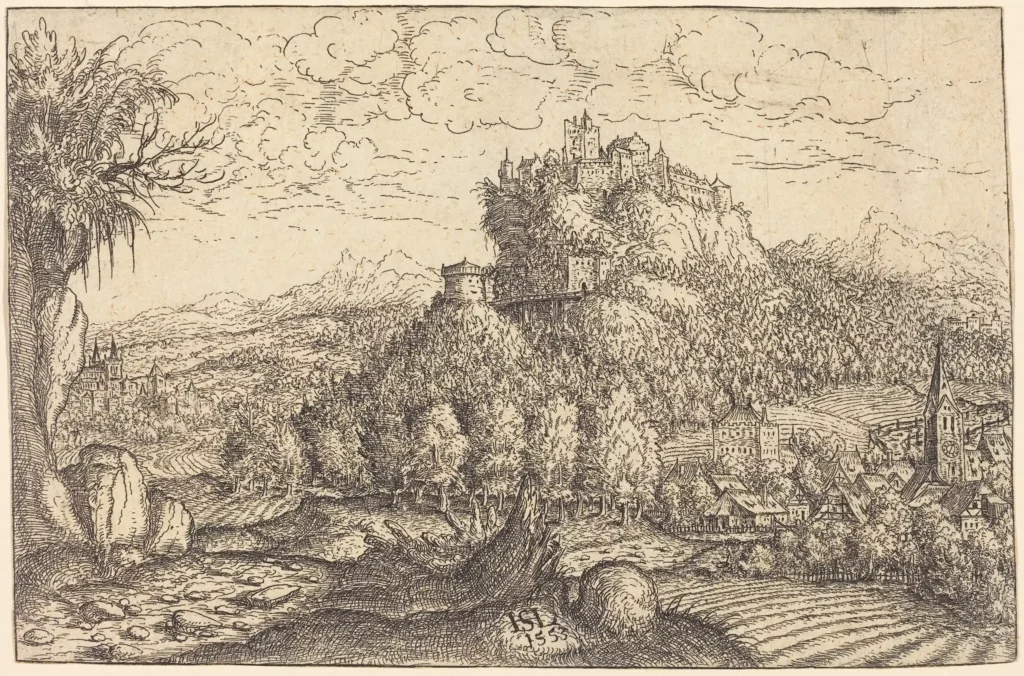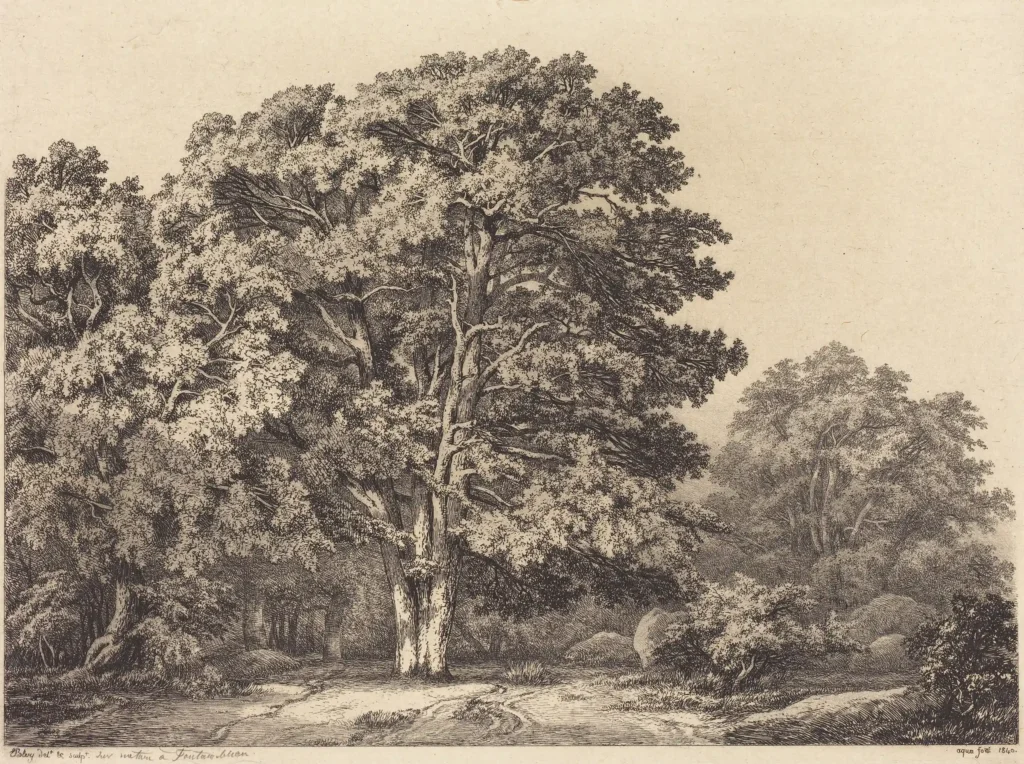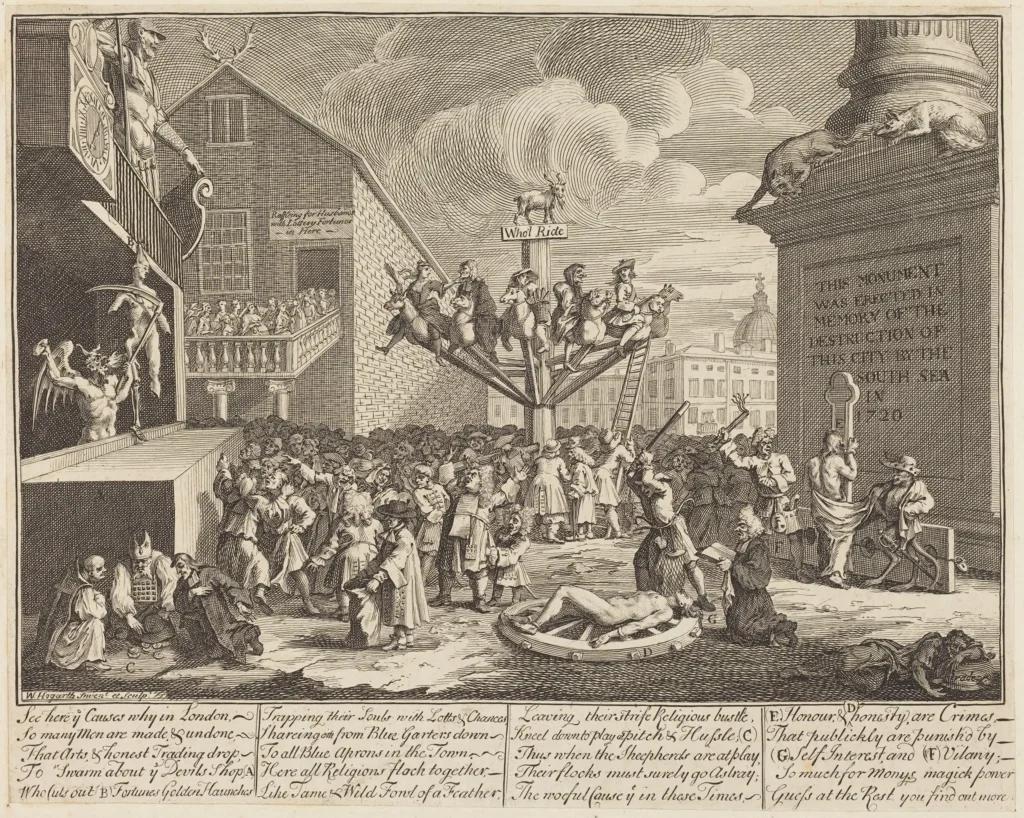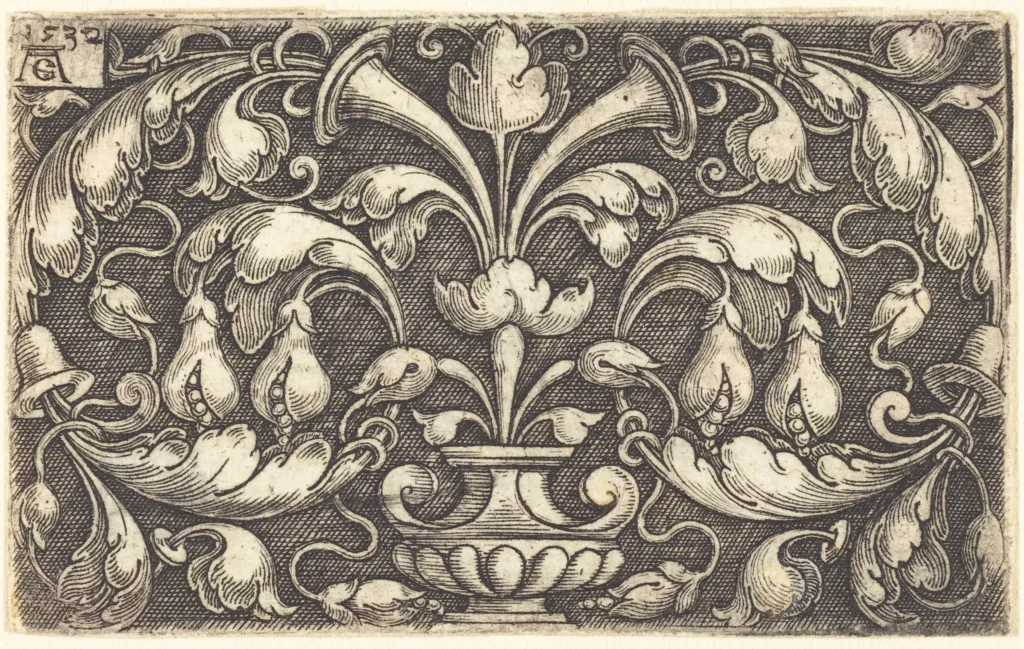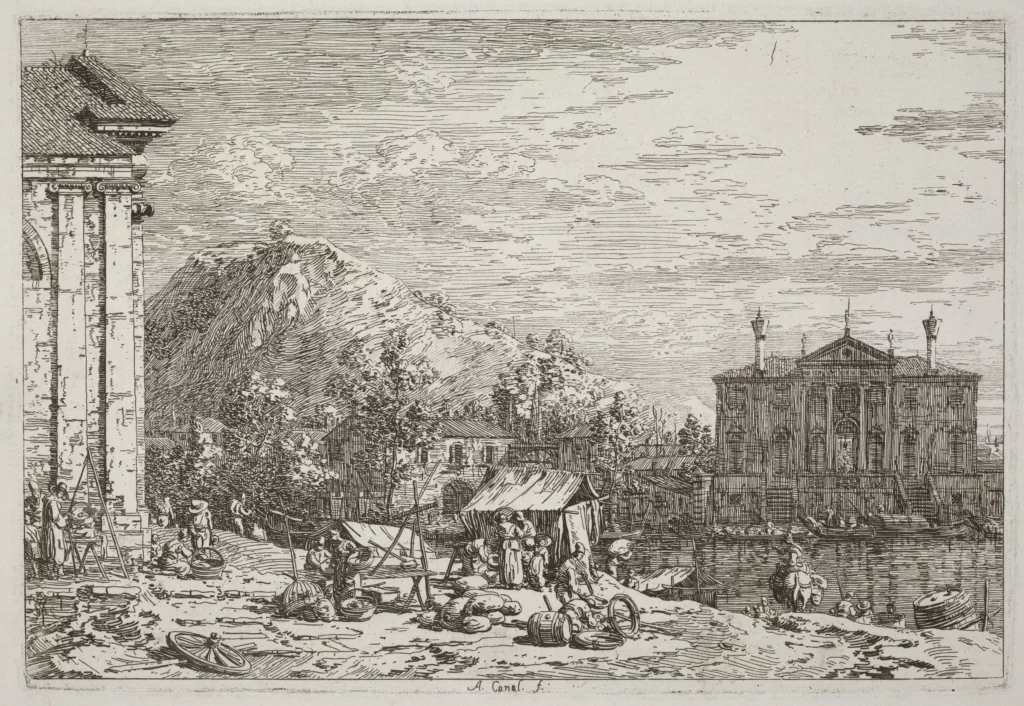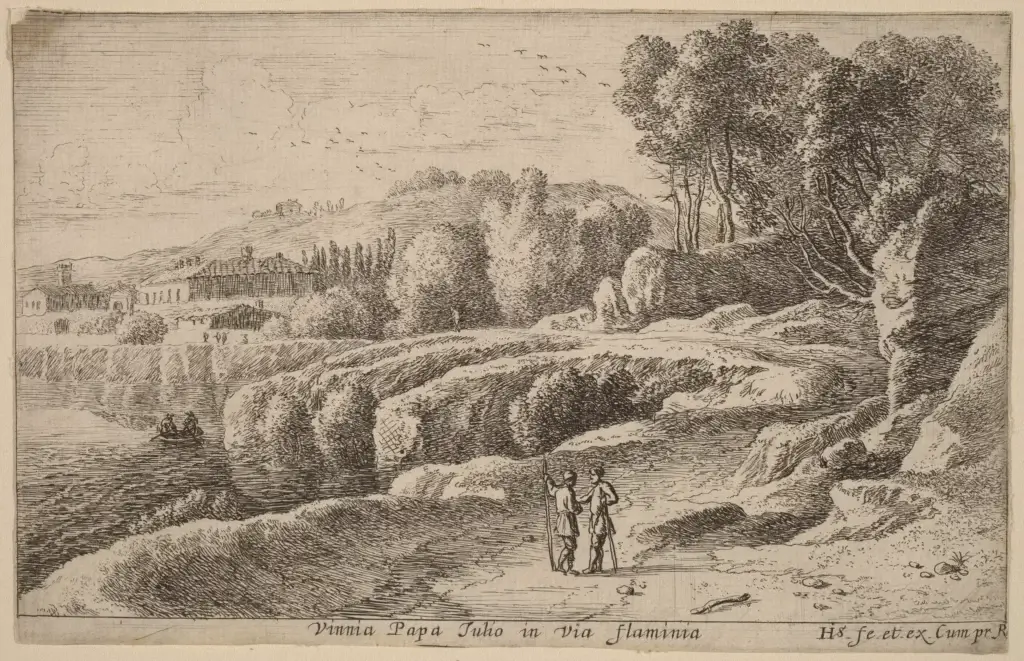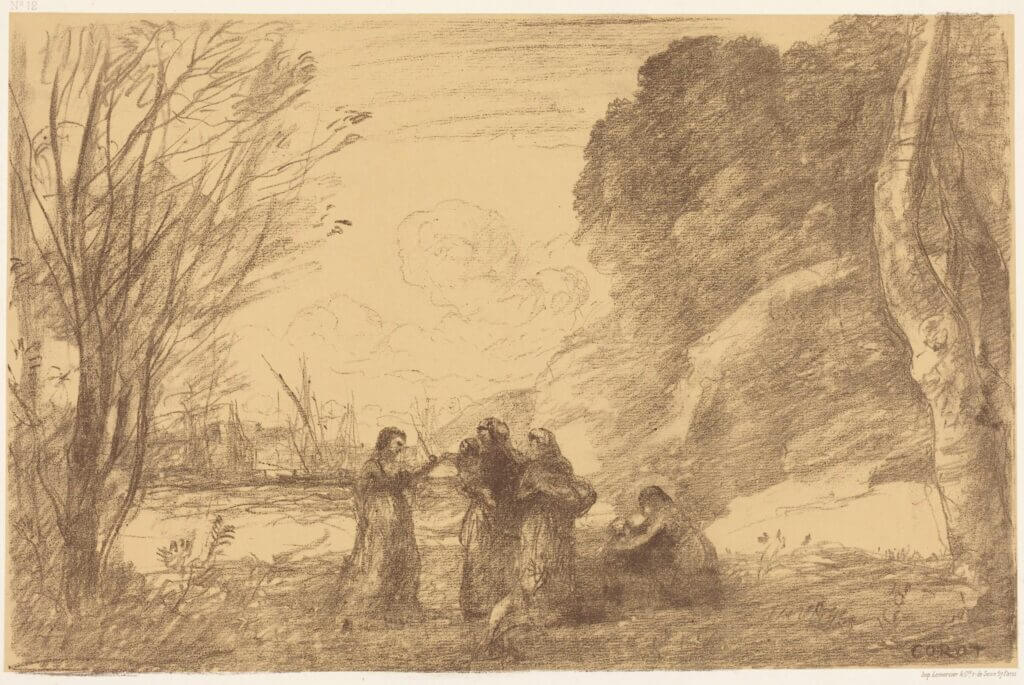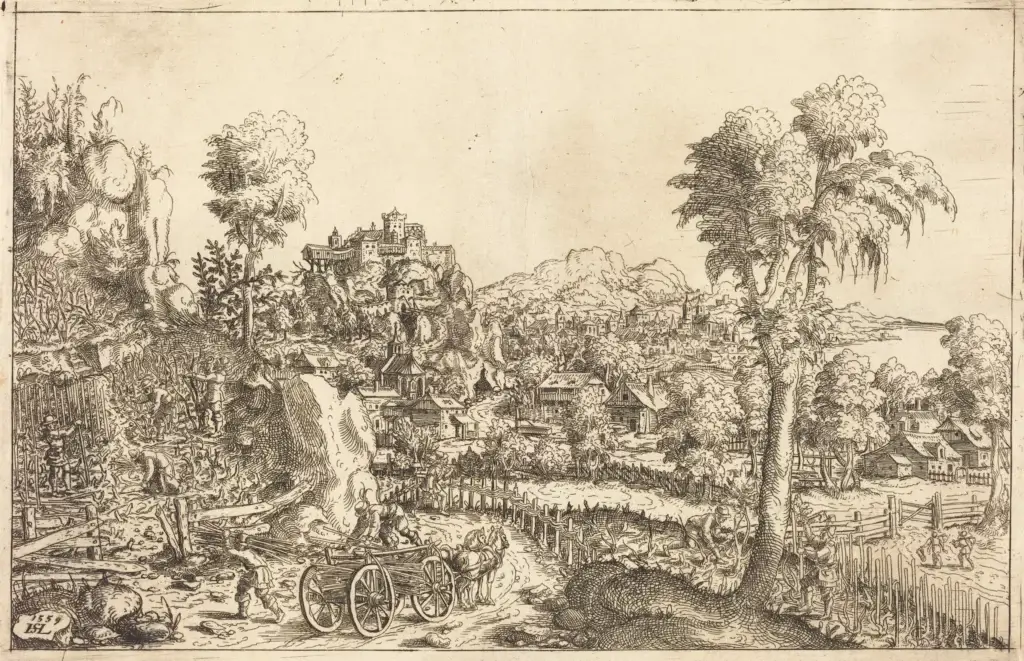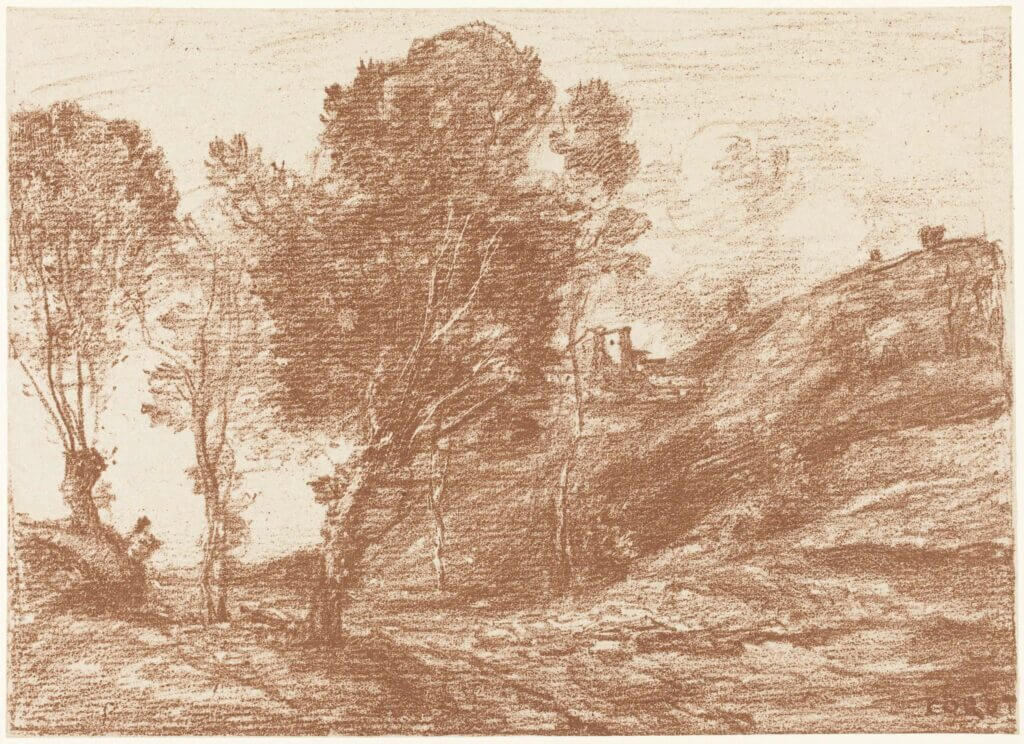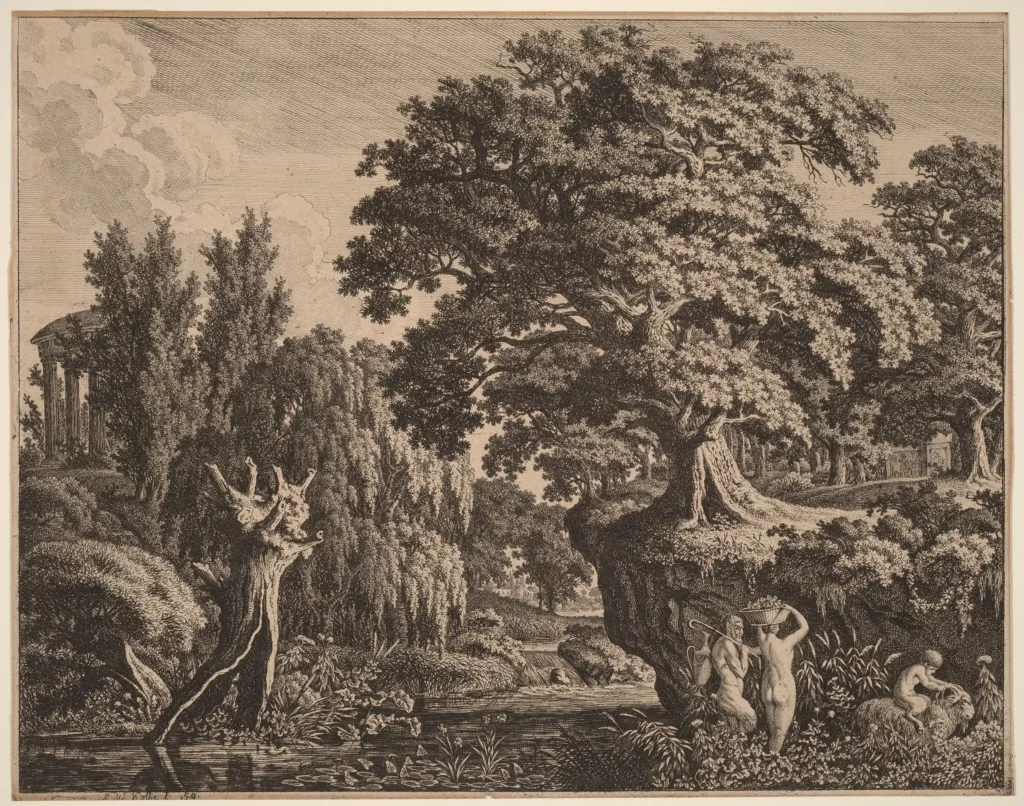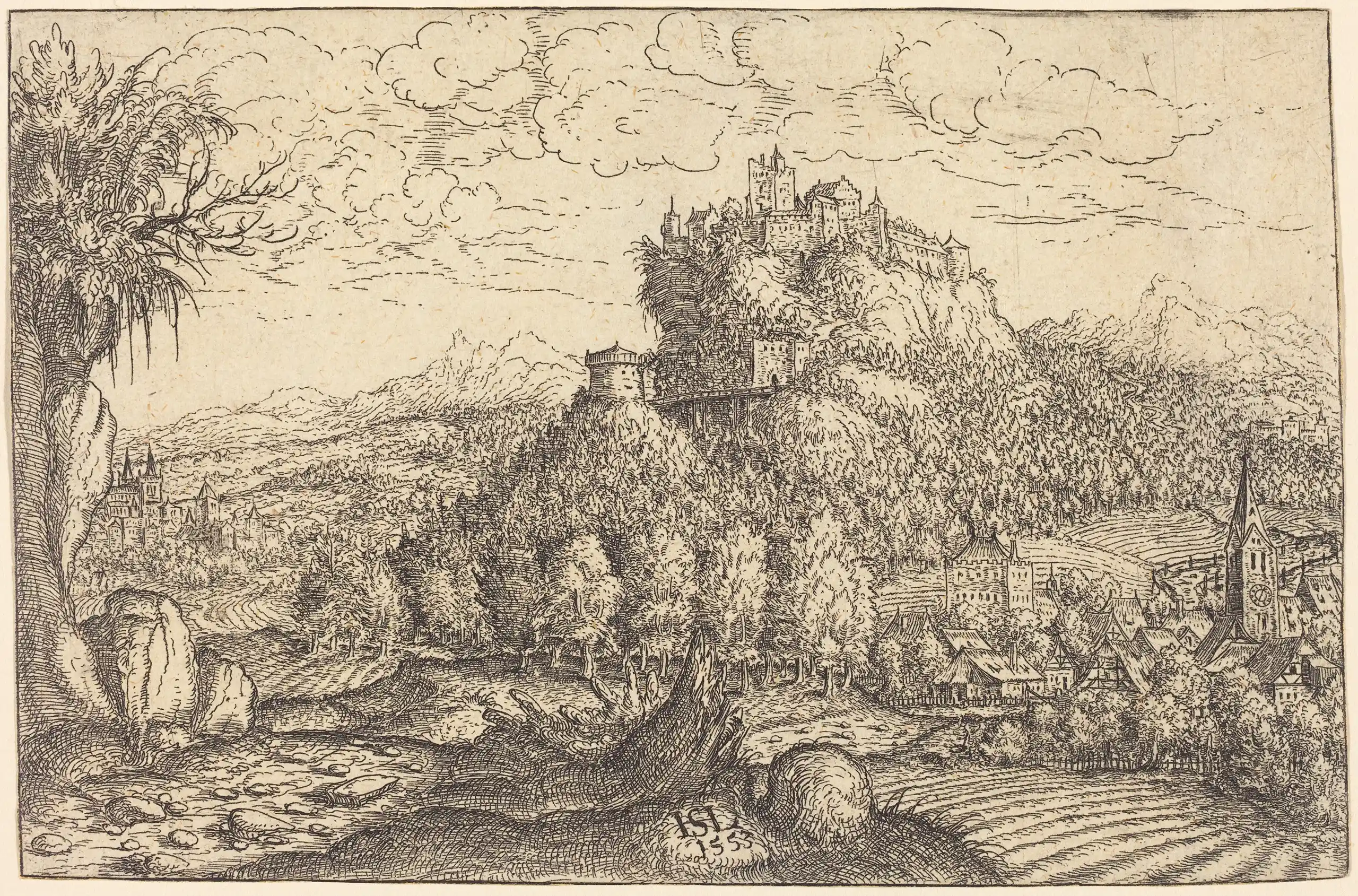
The Essential Ingredient of Wine Business Success: Brand
We all know that wine label: Effortlessly cool, with a miles-long mailing list. The wine is good, sure. But is it really that good? What does that producer have that you don't?
We're here to tell you what: It's brand.
Many wine business owners make the mistake of assuming that the quality of their vineyard and winemaking program render it unnecessary to invest in brand. As many bewildered clients have put it to us, "My wine is sensational, so why isn't it selling out?"
It doesn't matter how good your wine is, unfortunately, because quality alone is not the deciding factor in wine sales. As an aspirational luxury item, fine wine must also exude an ineffable mystique.
It's like a high-end wristwatch: We all know what time it is, thanks to our phones. But some consumers see a handcrafted Swiss timepiece, and just want an unnecessary piece of metal around their wrists. Similarly, fine wine sells not because consumers need it, but because they covet the feeling of having it on their table.
That's brand: It's the way an entity and its products make consumers feel.
The Elements of a Brand
Your brand is the external world’s perception of your business, created by the combined effect of everything contributing to your brand’s presence in the world. David Ogilvy, the “Father of Advertising,” called this “the intangible sum of a product’s attributes.”
These hallmarks include: visual identity (logo, colors, imagery, typography); business title; tone of voice; social media and communication; customer service; internal engagement; signage and packaging; public relations and advertising; partnerships; events; physical environment and location; history, reputation and so much more.
Taken as a whole, all of these attributes create a comprehensive impression in the minds of consumers about who you are, what your business is, whether your values align with theirs, and ultimately how your product business might affect their lives.
But you can't properly create or activate these attributes until you have a clear sense of your brand's identity.
Define Your Business Strategy
At Vin, we offer brand strategy services, including naming, narrative, and brand brief. But if you are a small winery owner and not yet ready to work with an agency, you can explore, identify, and hone your brand with your own team.
Begin by stating your business goals and your target demographic. Are you looking to build a popular canned-wine business? Then you'll be looking to target younger, more active consumers. Aiming to achieve "icon" status and 100-point scores? Then your target demographic will be older and more affluent.
What's Your Position?
Next, consider your potential competitors. What are they doing right, and what could they do better? Where does your wine need to go in order to meet or surpass the benchmarks set by your competitors?
Keeping your business strategy in mind, consider your brand positioning. This isn't merely where your brand is "positioned" in the market. It's the combination of factors that make your products uniquely valuable to consumers. Your brand positioning should be the sweet spot where what your target demographic wants and what your business does best meet.
So while it's helpful to identify why your competitors are successful, don't try to emulate what other businesses are doing. Ultimately, your brand strategy must take a unique and authentic path to implementing and supporting your business strategy.
Identify Your Brand
Now you're ready to get to the core of brand work. Start by brainstorming your keyword attributes. Are you down-to-earth, modern, edgy, elegant, rustic, youthful, classic, innovative, traditional? Keywords like these will help define your personality and serve as a framework upon which to build your visual and verbal identity.
Now think about what makes you different from your competitors. This can be tricky in an industry such as wine, where differentiation tends to be subtle or subjective. Start with your founding story. How has your journey been unique? Then, consider the elements of your winemaking, farming, or hospitality that set your business apart. Identify the aspects of your story and your business that no one else can imitate. And think of some engaging anecdotes that illustrate these.
Finally, reflect on your purpose. Why are you here? What drove you into winemaking? Think about which parts of your day energize you the most, what you are most proud of, or key areas of your work that you find yourself returning to over and over. Your purpose is like a compass: No matter how tied up you get in the day-to-day, your purpose sits at the core of your brand and can help guide your activities back to center.
Why is Brand Important?
Business owners—especially those of small or boutique wineries—are often bogged down by day-to-day operations. It’s easy to lose sight of the fact that our brand carries our greatest potential for success.
Many winery owners don't realize, however, that their strongest sales tool is a fully realized brand that is clear in its identity and consistent in its execution.
As your key opportunity for differentiation, your brand is your answer to making your voice heard in a noisy space. Competitors may offer a similar product or service, but it is virtually impossible for another winery to make a consumer feel the way your brand does.
This is because your brand, on its best day, is a truly authentic representation of your uniquely personal business.
Unlock Your Brand's Power
Once you've clarified your purpose and differentiated yourself from competitors, you'll start to see that brand is more than a catchy logo or a memorable tagline. Because the aspect of your story that makes your business unique can evolve into a magnetic force that attracts and engages consumers.
Fortunately, in the wine business, it's easy to share your brand story. Simply open and pour a delicious wine—for colleagues, team members, and customers. Speak authentically about the defining moments that made your wine business different. Discuss the factors that differentiate your winery from the competition, and explain the ways in which aspects of your brand—whether logo, color palette, tasting room architecture, or hospitality style—reflect its unique identity.
The more honest you are in sharing the driving force behind your brand, the more likely that your customers will be converted into lifelong brand evangelists. And before you know it, you'll be the wine producer with the miles-long allocation list.
